Most college students can’t wait for their 21st birthdays. But Lakshmi Parvathinathan is terrified.
It’s the moment when everything she’s worked for could slip away.
“All my friends excitedly talk about turning 21 – hitting the bars, all of that…but it’s just something that I dread,” she says.
The day she turns 21, Parvathinathan will no longer be protected by the work visa that allowed her parents to immigrate to the United States from India. And she may face deportation.
It’s known as “aging out,” and experts estimate that about 200,000 people like Parvathinathan are living in a similar limbo. Brought legally to the United States as children, many are scrambling to find ways to stay in the country they love. Some are forced to leave the US when they run out of options.
They’ve dubbed themselves “documented Dreamers,” and they say their plight shows how broken the US immigration system is.
Even those who immigrate legally find themselves facing roadblocks that are impossible to surmount, Dip Patel says. The 25-year-old pharmacist is the founder of Improve the Dream, a group of “documented Dreamers” pressing Congress and the Biden administration to help save their futures.
“The whole situation is something that most people don’t really know even exists,” he says, “that it’s possible for an immigrant child to be brought here legally, do all their education here, but still not have a chance to become an American.”
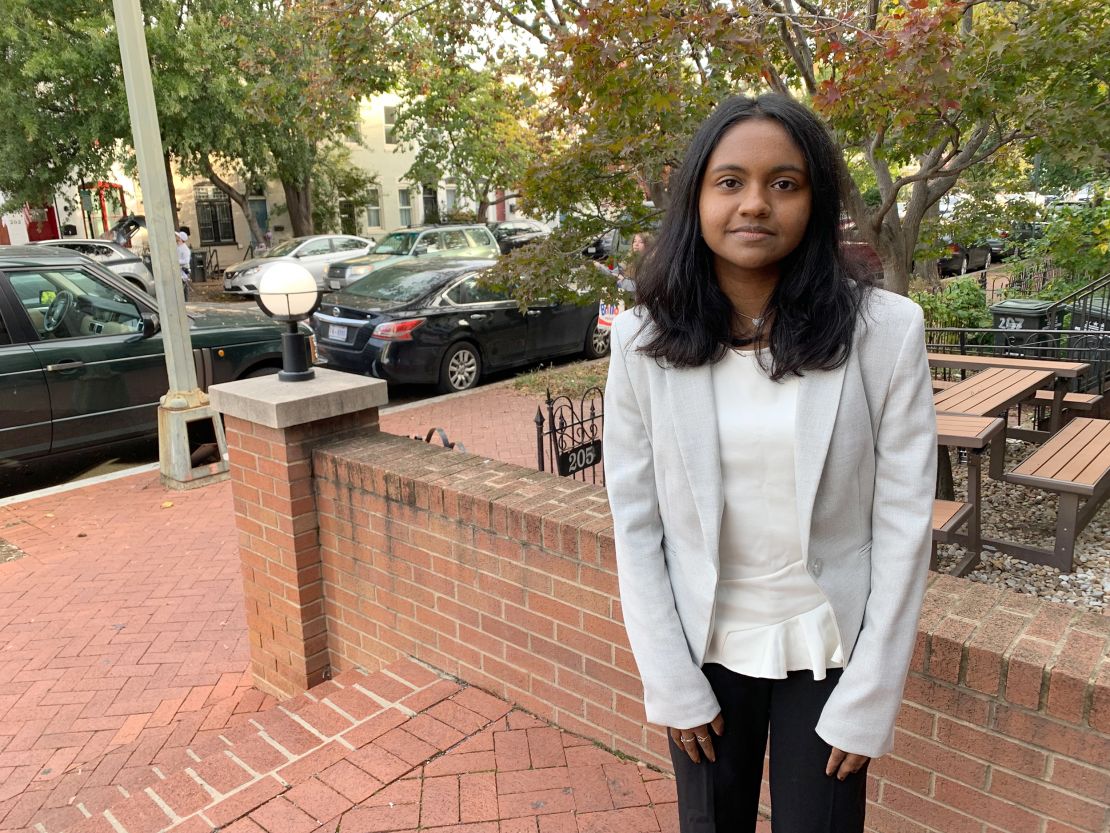
‘Victims of outdated immigration laws’
The issue is affecting a growing number of people, according to Julia Gelatt, a senior policy analyst at the Migration Policy Institute.
One major reason: the green card backlog is immense – especially for immigrants from India; it can take decades for them even to have a chance to apply. That means many people who came to the US as young children are still waiting for their family’s turn by the time they turn 21. At that point, the adult visa holders’ children are no longer considered dependents, and they’re kicked out of line and forced to find their own way to remain in the country legally.
Another factor: some families who come to the United States on certain temporary work visas aren’t ever eligible to apply to become permanent residents.
And because young adults in these groups had visas allowing them to live legally in the United States, they weren’t protected by Deferred Action for Childhood Arrivals, or DACA, the Obama-era program that provided work permits and protection from deportation to hundreds of thousands of undocumented immigrants who were brought to the United States as children.
“‘Documented Dreamers’ are just one of many victims of our outdated immigration laws that are no longer aligned with the way immigration is really working today,” Gelatt says.
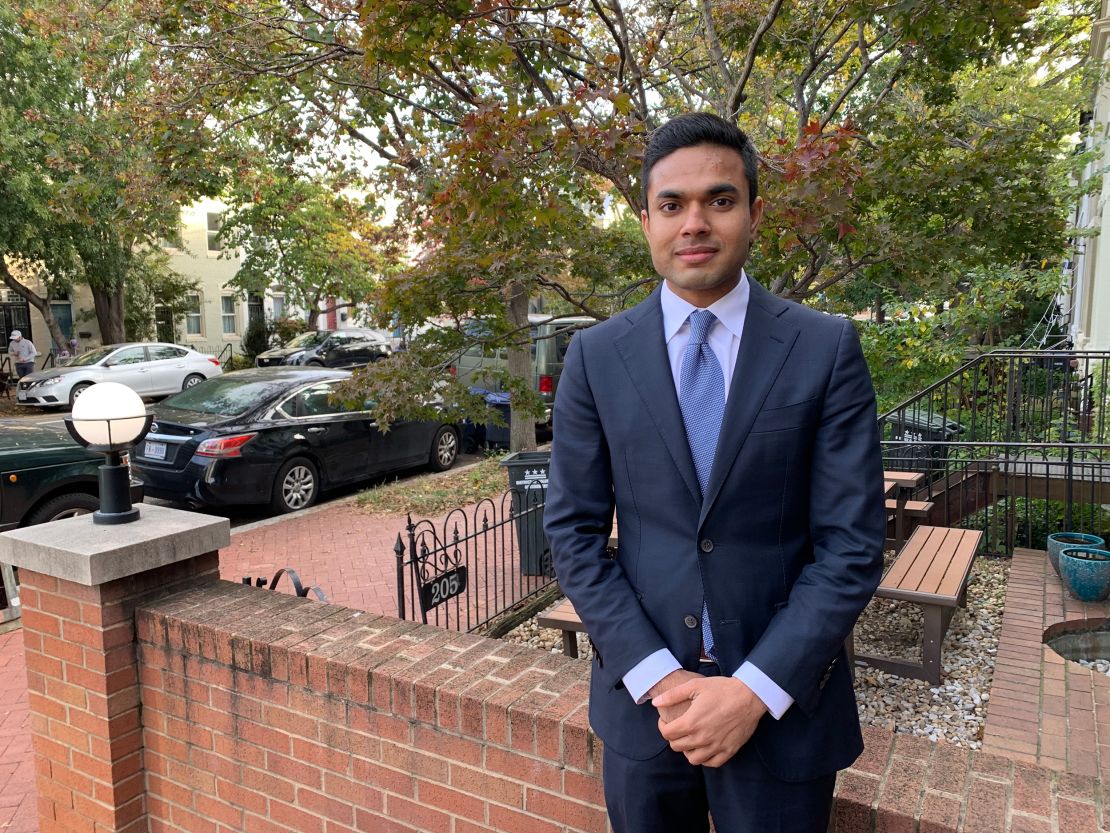
Members of Improve the Dream are hoping to fix that. They’ve been making the rounds in Washington, pushing members of Congress to pass a proposed law that would give “documented Dreamers” a chance to become permanent residents of the US, provided they’ve lived here for at least 10 years on a valid visa and graduated from an institution of higher education.
“We’re just hoping there’s a future for all of us, and we can stay and contribute to the country we call home,” Patel says.
If not, Parvathinathan says, the consequences would be devastating.
She’s living on edge while she waits for a student visa
The 19-year-old sophomore at Drexel University in Philadelphia hopes to become a doctor someday. Parvathinathan is majoring in biological sciences and trying to focus on her studies. But fears about her future loom over her.
She first came to the US when she was 3 years old. And she doesn’t want to be forced to abandon everything she’s worked for and move to India, where she says she feels like a foreigner.
Parvathinathan says she tried to get a student visa so she can stay in the United States past her 21st birthday. It still hasn’t arrived, 14 months after her application. She’s on edge, waiting for word and jumping every time an email notification flashes across her cell phone screen.
“It’s something that I think about all the time,” she says.
Applying for student visas can be difficult for documented Dreamers, says Gelatt of the Migration Policy Institute, because applicants are required to show they don’t plan to stay in the United States – something that’s hard to prove for teens who’ve spent most of their lives here.
And even securing a student visa doesn’t end their worries – it merely buys them time until they must scramble to find another temporary way to remain in the country, such as an employer-sponsored work visa.
“It’s like you’re drowning, and every couple of years you get to take one breath, then are pulled back down,” says Anagh Kulkarni, who will turn 21 in January.
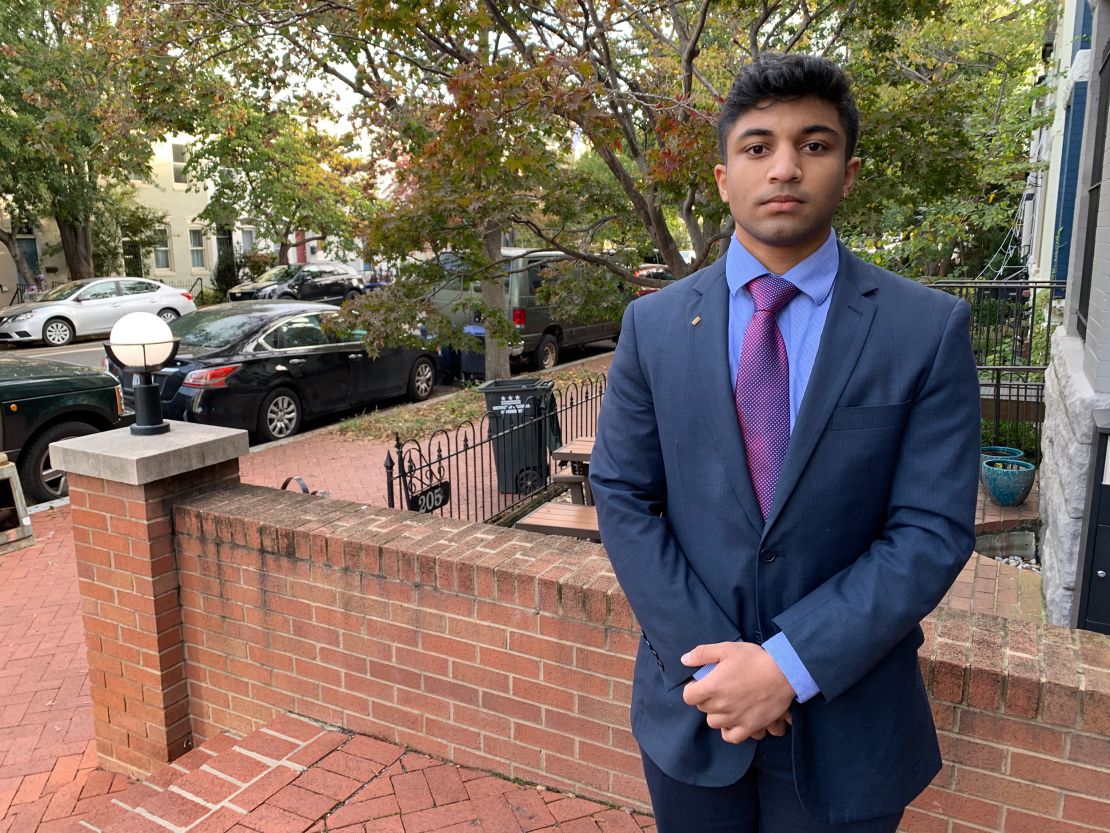
Kulkarni is a student at Ohio State University and also hopes to become a doctor. But he knows his chances are slim, since he’ll be seen as an international student – which means most US medical schools are unlikely to even entertain the notion of accepting him. He also can’t get any hospital work experience to improve his application, since his dependent visa doesn’t provide employment authorization. All that leaves Kulkarni full of anxiety and unsure of whether he has a future in this country.
“Even if I do the best that anyone has ever done,” he says, “I don’t know if I’ll be able to stay.”
She was forced to leave after she couldn’t find a job
It’s a dilemma Erin Crosbie knows all too well. After living in Florida for nearly 17 years and getting a nursing degree from the University of South Florida, she says she had no other choice but to move back to Northern Ireland over the summer when she couldn’t find a way to remain in the United States.
She’d secured a student visa that let her stay in the country past her 21st birthday, but with its expiration date looming, Crosbie started searching for work. The pandemic had made her more determined than ever to become a critical care nurse, she says, but job after job that she applied to told her they couldn’t hire her because of her immigration status. Each rejection phone call sent her into a panic.
“It was hard. They weren’t saying ‘no’ because of me. It wasn’t that I had done something wrong, or didn’t have the right qualifications,” she says. “lt was because of something that was out of my control. I felt powerless.”
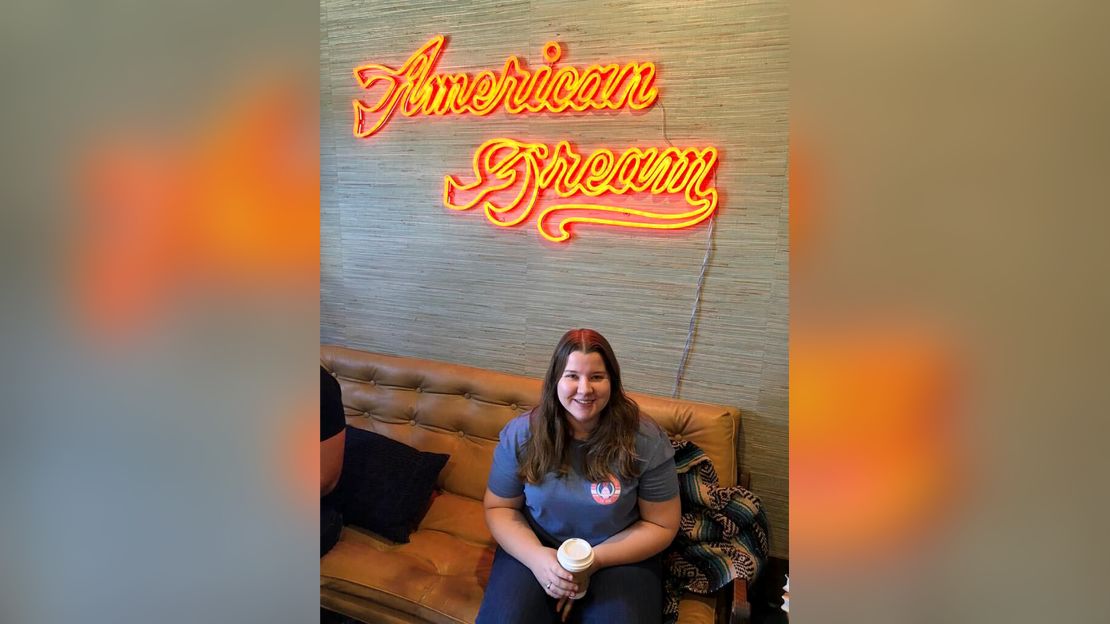
Now the 24-year-old is trying to start her life over in another country – more than 4,000 miles away from her closest friends and family. The pain of having to leave them behind still stings. She hasn’t been able to bring herself to update her social media profiles yet with her new location.
Her parents, Nigel and Alison Crosbie, say the separation has been heartbreaking. They came to the United States in 2004 on an E-2 visa for investors in US businesses, bringing Erin, then 7, and her sister Morgan, then 3.
Now the parents say they’re faced with an agonizing possibility – that the only way their close-knit family can be together again may be for them to sell the Florida business they’ve spent 17 years building and move back to Northern Ireland.
“It’s frustrating to me that we’ve done everything legally, but if you do things illegally, you seem to get further,” Nigel Crosbie says.
Congress could fix this. But that may be unlikely
And it’s hard to believe help will come from Washington, Nigel Crosbie says. Immigration matters, he says, always seem to be too toxic for any politician to touch.
“No matter what party is in power, it seems to be like the poison chalice. Nobody wants to do it. They keep kicking the can down the road,” he says. “They just don’t realize the impact that it has on people’s lives that are being torn apart.”
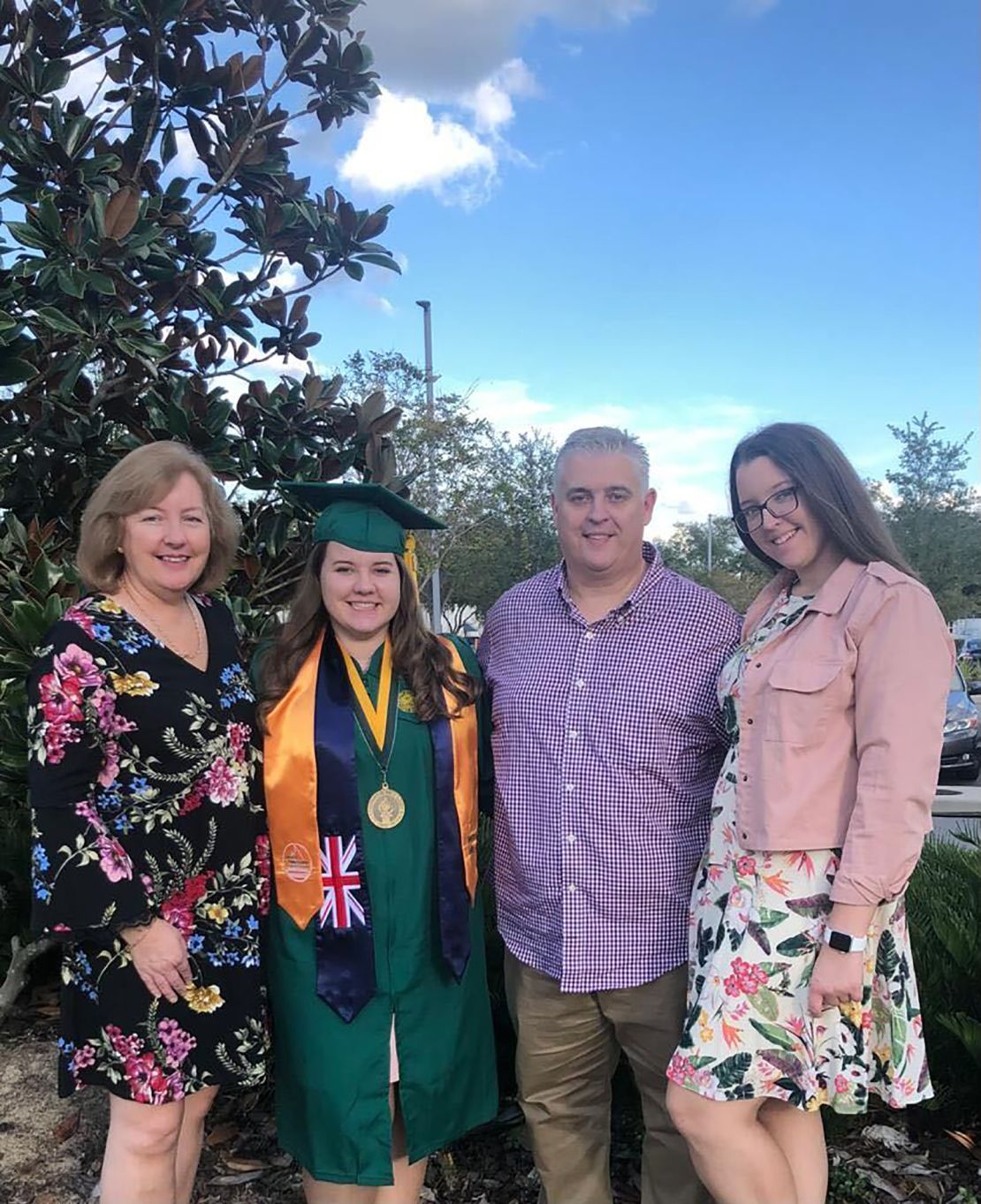
Parvathinathan says she’s feeling optimistic after a recent visit to Washington with other members of Improve the Dream. The group shared their stories with lawmakers on both sides of the aisle. They’re hoping legislation introduced to help them earlier this year will eventually secure enough bipartisan support to pass – and also that the Biden administration will include them in the planned revamp of DACA.
The massive social spending bill House Democrats recently passed would give them some protection, but it faces an uphill battle in the Senate. When – and whether – any relief will come is anyone’s guess.
So Parvathinathan is trying to remind herself to be patient. But she finds herself still facing too many questions she can’t answer.
In a recent interview for a program at her university, someone asked where she sees herself in 5 or 10 years.
She didn’t know what to say.

